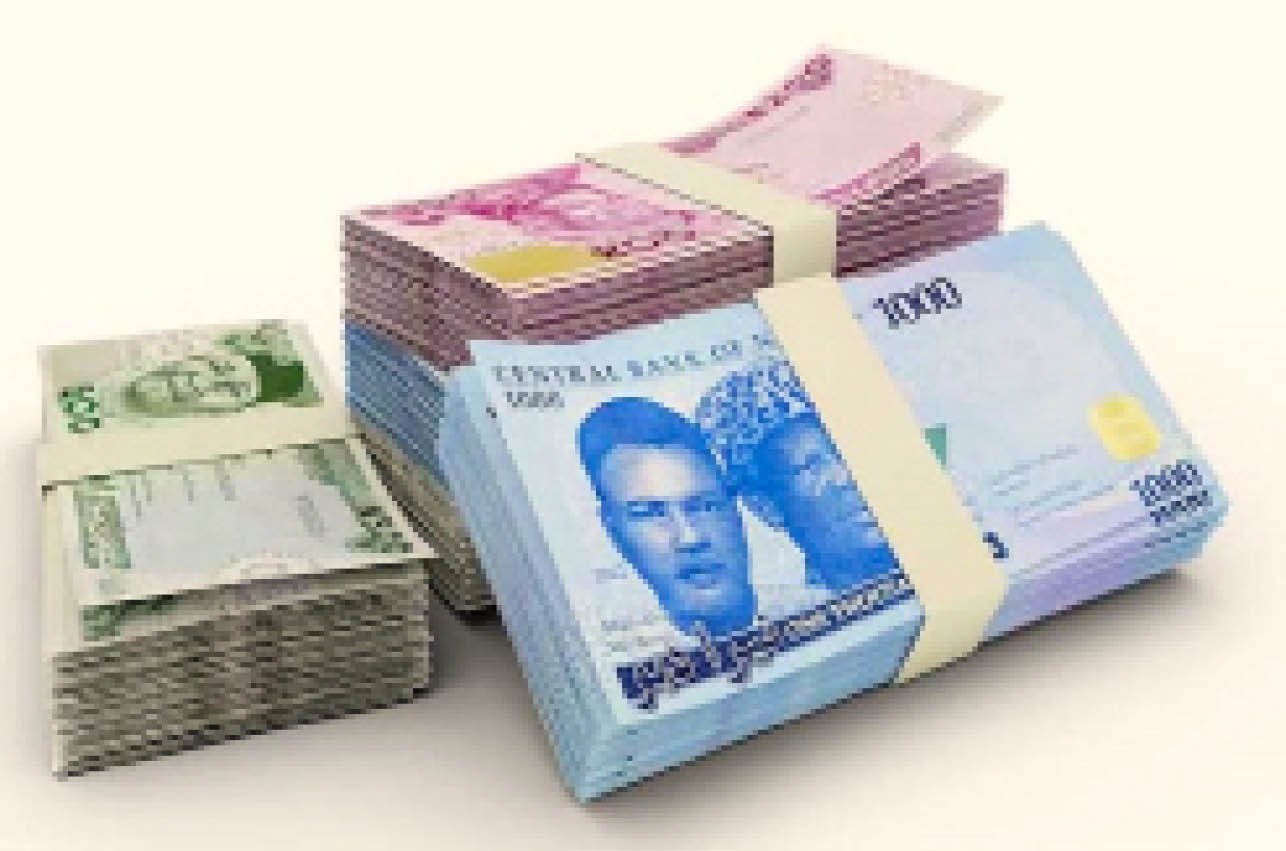It would be recalled that Godwin Emefiele, Governor of the Central Bank of Nigeria (CBN) in October 2022 announced the re-design of N200, N500 and N1,000 naira notes. Emefiele declared that the existing notes would cease to be legal tenders on December 31, 2022. This required the swapping of the old naira notes with the re-designed currencies before the expiration of the deadline. According to Emefile, the policy was meant to, among others, migrate the country from a cash-based to cashless economy. Emefiele revealed that as at September 2022, N2.73 trillion naira of the N3.23 trillion naira in circulation was outside of the banking system.
To achieve the cashless policy, limits on Over-The-Counter (OTC) withdrawals were imposed on the daily and weekly transactions to be carried out on every bank account. The maximum OTC cash withdrawal by individuals and corporate bodies per week was capped at N100,000 and N500,000 respectively. This equally meant a maximum OTC cash withdrawal of N20,000 and N100,000 for individuals and corporate bodies respectively per day.
Soon, people naively deposited their old notes in their possession into their bank accounts as directed by the CBN. However, withdrawing the same money even by the CBN’s daily OTC withdrawal guideline became more difficult than ‘a camel passing through the eye of a needle’. Commercial banks told customers they had no cash to pay them; ATM machines were dried; and POS operators were soon thrown out of business as banks starved them of cash. Trade-by-batter almost immediately took centre-stage in our local markets.
All cries from the adversities suffered by Nigerians in the name of the naira swap policy fell on deaf ears of President Buhari and Governor Emefiele. Patients and pregnant women died due to scarcity of cash to pay for medical services. Families starved, school boys and girls missed lessons and exams; all for the same reason of denying people of the right to their legitimate earnings. This naira re-design is the worst idea ever in Nigeria’s history of monetary policies.
News FCT Muslim pilgrims’ board director assumes duty
ECOWAS raises concern over use of fake news ahead of Nigeria polls
To break his long silence, President Muhammadu Buhari later approved the extension of the deadline for naira swap by 10 days; shifting the deadline from January 31, 2023 to February 10, 2023. Briefing journalists thereafter, Emefiele said the currency swap had achieved more than 75 percent success rate of the N2.7 trillion held outside the banking system; with evident drop in rate of inflation, more stability of foreign exchange rates, and noticeable impact on security, especially in banditry and kidnapping figures.
Emefiele’s claims are questionable. His assertion, for example, on the drop in inflation rate, is not true. The National Bureau of Statistics announced last week that the nation’s inflation rate rose in February to 21.91 percent, which dwarfed the 21.82 percent recorded in January 2023. The naira swap policy rather triggered inflation because Nigeria’s economic woes are largely caused by artificial indices, which is why the country’s economic challenges have continued, over time, to defy the application of nearly every model of fiscal solution.
Also, the cynical plot to use the policy to prevent vote-buying in the 2023 elections rather succeeded in inspiring politicians to devise other means of buying votes. The claims and counter-claims by some presidential candidates in the countdown to the February 25, 2023 elections lent credence to public insinuation that the policy was actually borne out of malice to frustrate and cause electoral disaster to perceived opposition(s).
The policy has crashed small businesses including those of sugarcane vendors, fried-groundnut sellers, and roasted corn (guguru) hawkers; thereby truncating the economy of rural communities. Northern small-scale entrepreneurs are far more hit by the policy than their counterparts in the better-banked southern Nigeria. There are more local governments in the north of the country where no commercial banks exist than in the south.
Like owners of big businesses, government is also a loser in this policy, because payment of bills and taxes due to it are frustrated by the persistent network glitches experienced in every round of transaction carried out through mobile applications and POS devices. The glitches were not unexpected because the capacity of existing infrastructure within the banking sector is grossly inadequate to cater for the heavy traffic of transactions occasioned by the cashless policy.
Delivering judgment in the suit filed by the three state government that were later joined by six others, the Supreme Court ordered that the old N200, N500, and N1,000 notes to remain legal tenders till December 31, 2023. Subsequently but reluctantly, the CBN announced it was going to release to banks the old naira notes earlier mopped up, for re-issue into circulation again; reversing all the efforts made to mop up the old notes.
There’s no reason for the old notes to return into circulation because Nigerians have never insisted on using the old naira notes. All they are asking for is access to their monies. The CBN ought to have printed enough new notes to replace the old ones. The re-issue of old notes would only make useless of the sweats, stress, anxieties and inconveniences Nigerians painfully passed through. Why were Nigerians made to suffer for nothing if the entire naira swap process were only to end up overturned in this manner?
Now that we are back to square one, who actually gained from the policy? If anyone gained from the ‘punishment’ called naira re-design policy, it must be Godwin Emefiele, the small-minded CBN Governor. A policy, which ought to be in the interest of Nigerians was mismanaged and turned against people’s wellbeing. If Emefiele cannot explain to Nigerians why new naira notes are not available for dispensing, he should resign as CBN governor!
And now, Ramadan is here…
Alhamdu lillah, the holy month of Ramadan is, once again here. It avails us with a golden opportunity to replenish our bond with our Creator, the Most High. Ramadan is a season full of forgiveness and mercy. While we congratulate Muslims on the commencement of this sacred month, we pray that Allah sees us through a peaceful and memorable Ramadan; granting us spiritual upliftment. Meanwhile, we appeal to dealers and traders of essential commodities to fear Allah and desist from increasing prices of food stuff. Taking undue advantage of Ramadan in this manner is un-Godly. May Allah guide us to explore to the fullest all the spiritual opportunities that come along with Ramadan, amin. Ramadan Kareem!




